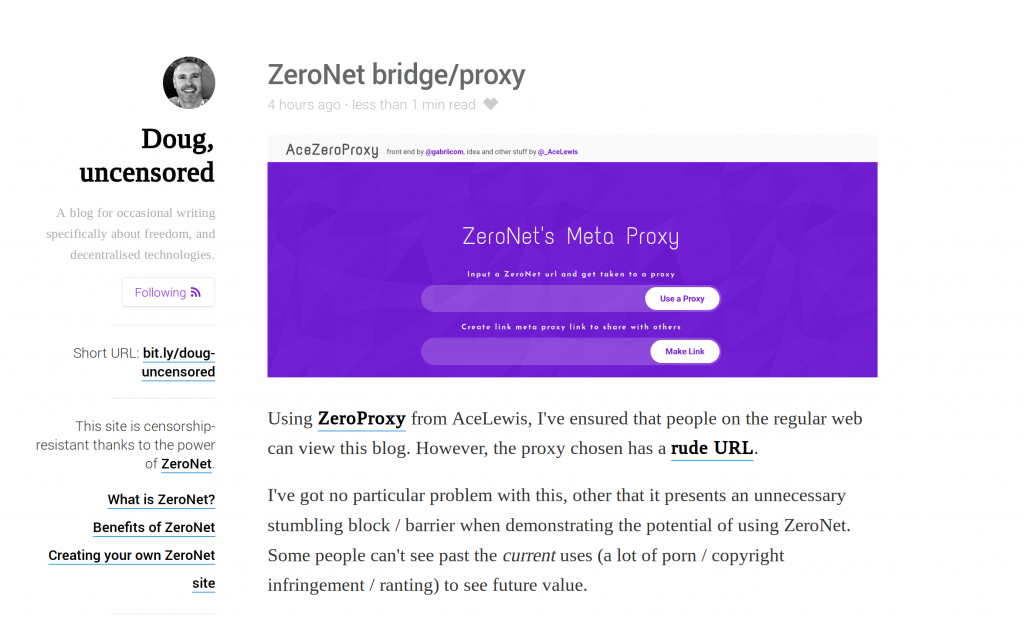Somehow, I missed a BBC Radio 4 series on A History of Ideas, both when it originally aired (2014-15) and then when it was repeated a couple of years ago. The ‘history of ideas’ is, of course, another name for the study of Philosophy, the subject of my first degree, and something which remains a lifelong interest of mine.
Starting with the beginning of the BBC series, I’ve begun listening to a philosopher, neuropsychologist, theologian, and lawyer debate what it means to be ‘free’.
There are fundamentally two types of freedom, as defined by great thinkers: freedom from and freedom to. Some people frame this as ‘negative’ liberty (i.e. freedom from) and ‘positive’ liberty (i.e. freedom to).
In general, I would say that it’s negative liberty that most of us mean when we talk about freedom. That’s the freedom from coercion, so that you can do what you like with your time, your body, or your possessions. This is different to positive liberty, which can be thought of as the freedom to participate in society on your own terms.
The question of technology is an interesting one to consider here, as I’ve always understood negative liberty to be the main driver behind the Free Software movement:
Free software (or libre software) is computer software distributed under terms that allow users to run the software for any purpose as well as to study, change, and distribute it and any adapted versions. Free software is a matter of liberty, not price: all users are legally free to do what they want with their copies of a free software (including profiting from them) regardless of how much is paid to obtain the program. Computer programs are deemed “free” if they give end-users (not just the developer) ultimate control over the software and, subsequently, over their devices.
Wikipedia
Interestingly, although the Four Freedoms talk about ‘freedom to‘ they’re actually, to my mind at least, all couched in terms of negative liberty. For example, the first of these is “The freedom to run the program as you wish, for any purpose”. This could perhaps be more accurately be rendered: “The freedom from being prevented from running the program as you wish, for any purpose.”
In short, we in the Free Software community often miss the importance of positive liberty. While negative liberty frees us from the constraints of others, positive liberty allows us to act upon our free will, something that’s (sadly) often still a lot easier with well-designed proprietary services.
Ben Werdmuller, who has spent his career trying to push forward easy-to-use Free Software, said recently:
The only real way to avoid tracking and surveillance is to host things yourself, but that’s not an option because hosting things yourself is still too hard for most people and it’s easy to compromise on security. We need the iPhone of self-hosting.
Twitter
In other words, when it comes to technology, most people have the freedom to do things but not the freedom from some of consequences of using proprietary services. For example, it’s easy to express a controversial political opinion using Facebook, but not to avoid being tracked and surveilled on that platform.
I think we’re at a bit of an inflection point. There are those of us who have enough technical skills to be able to self-host and spin up a VPS to run Free Software. We can experiment and express ourselves however we wish. And then, sadly, there’s everyone else.
We Free Software enthusiasts value our negative liberty and use it to promote our positive liberty. Less technical people have only the amount of positive liberty allowed by proprietary services under capitalism. I believe we need to focus on enabling that positive liberty with Free Software under socialism, even if that means compromising a bit of negative liberty.
This post is Day 77 of my #100DaysToOffload challenge. Want to get involved? Find out more at 100daystooffload.com.


